Trump tariff stock market crash: Apple, Amazon, Nike, Shopify, Tesla, Walmart shares plummet
Yesterday, President Donald Trump announced a slew of tariffs on nearly every country in the world—over 180 of them, notes CNBC. The tariffs Trump announced are higher than most economists and business leaders feared. Trump chose to hold off on announcing the tariffs until after the markets closed yesterday, and after seeing how those markets have since reacted, it’s easy to understand why. Individual stocks and the markets as a whole plummeted after the tariffs were revealed, and in pre-market trading, those markets and stocks remain greatly depressed. Major American companies like Apple, Amazon, Nike, Tesla, and Walmart are seeing their share prices decline this morning, while Nasdaq, Dow, and S&P futures have fallen significantly. President Trump’s tariffs explained Trump’s tariffs were announced yesterday on a day the president coined “Liberation Day.” Business leaders, economists, and global heads of state were on edge before the announcements, fearing just how high the tariffs would be. It turns out, in many cases, they were worse than expected. President Trump announced a minimum 10% tariff on nearly every country worldwide. That means that nearly every good that is imported into the United States will be slapped with a default 10% levy—a levy which will then either have to be absorbed by the U.S. company importing the product, leading to reduced profits, or passed on to American consumers, leading to increased prices. However, countries that were only hit with a 10% tariff could count themselves relatively lucky. That’s because Trump levied much higher tariffs against dozens of countries, which are also the countries from which American companies import most of their goods and parts. Here are some of the countries that got hit the hardest with high tariff rates: China: 54% Cambodia: 49% Vietnam: 46% Bangladesh: 37% Thailand: 36% Taiwan: 32% South Africa: 30% India: 26% Japan: 24% European Union (27 member states): 20% There are two big omissions from the list of key trading partners above: Canada and Mexico. Trump did not announce new tariffs on either country yesterday, but previous tariffs imposed on both nations remain in place, notes Reuters. Reactions from global leaders to the swatch of new tariffs have been vocal and swift. Many condemned Trump’s tariffs and vowed to retaliate in kind, leading to fears that an all-out global tariff war is about to begin. Foreign stock markets have already fallen today, but the worst fall may be yet to come when U.S. markets open in just a few hours. American stock markets—and tech shares—sink American investors are already not taking the news of Trump’s tariffs well. As of the time of this writing, America’s three largest stock markets are down a significant amount, according to data from Yahoo Finance: S&P 500 Futures: down 3.23% Dow Futures: down 2.57% Nasdaq Futures: down 3.6% But things are even worse for many big-name tech stocks. Here is how many of America’s largest tech giants’ shares have reacted as of the time of this writing: Alphabet Inc. (Nasdaq: GOOG): down 2.76% Amazon.com, Inc. (Nasdaq: AMZN): down 5.7% Apple Inc. (Nasdaq: AAPL): down 7.4% Meta Platforms, Inc. (Nasdaq: META): down 4.23% Microsoft Corporation (Nasdaq: MSFT): down 2.27% NVIDIA Corporation (Nasdaq: NVDA): down 4.46% Shopify Inc. (Nasdaq: SHOP): down 10.13% Taiwan Semiconductor Manufacturing Company Limited (NYSE: TSM): down 4.84% Tesla, Inc. (Nasdaq: TSLA): down 4.86% As you can see, some tech stocks are being hit worse than others. Apple’s shares are among the worst hit. A significant reason for that is that Apple manufactures most of its products in China, Vietnam, and India—all countries that got hit with some of the most considerable tariffs. That means that Apple will either need to absorb those costs or increase prices for consumers. If Apple does the former, it will reduce the company’s margins and profitability. If it does the latter, fewer people may buy its products, reducing the company’s profitability. Likewise, NVIDIA and TSMC shares are among the biggest tech losers since their products rely on supplies from some of the hardest-hit countries, including China and Taiwan. As for Amazon, many of the goods the company sells—from tech to clothing—come from a number of the hardest-hit countries, including China, Vietnam, Bangladesh, and more. Shopify is one of the hardest hit tech companies this morning, because many of the goods sellers on its platform offers originate from the countries that are hardest hit by Trump’s tariffs. As for Tesla, many of the components that go into its electric vehicles are sourced from overseas. Even tech giants that don’t generate too much of their revenue from selling physical goods imported from overseas—like Meta and Google—are seeing their share prices fall, because those companies rely on infrastructure made

Yesterday, President Donald Trump announced a slew of tariffs on nearly every country in the world—over 180 of them, notes CNBC. The tariffs Trump announced are higher than most economists and business leaders feared.
Trump chose to hold off on announcing the tariffs until after the markets closed yesterday, and after seeing how those markets have since reacted, it’s easy to understand why. Individual stocks and the markets as a whole plummeted after the tariffs were revealed, and in pre-market trading, those markets and stocks remain greatly depressed.
Major American companies like Apple, Amazon, Nike, Tesla, and Walmart are seeing their share prices decline this morning, while Nasdaq, Dow, and S&P futures have fallen significantly.
President Trump’s tariffs explained
Trump’s tariffs were announced yesterday on a day the president coined “Liberation Day.” Business leaders, economists, and global heads of state were on edge before the announcements, fearing just how high the tariffs would be.
It turns out, in many cases, they were worse than expected.
President Trump announced a minimum 10% tariff on nearly every country worldwide. That means that nearly every good that is imported into the United States will be slapped with a default 10% levy—a levy which will then either have to be absorbed by the U.S. company importing the product, leading to reduced profits, or passed on to American consumers, leading to increased prices.
However, countries that were only hit with a 10% tariff could count themselves relatively lucky. That’s because Trump levied much higher tariffs against dozens of countries, which are also the countries from which American companies import most of their goods and parts.
Here are some of the countries that got hit the hardest with high tariff rates:
- China: 54%
- Cambodia: 49%
- Vietnam: 46%
- Bangladesh: 37%
- Thailand: 36%
- Taiwan: 32%
- South Africa: 30%
- India: 26%
- Japan: 24%
- European Union (27 member states): 20%
There are two big omissions from the list of key trading partners above: Canada and Mexico. Trump did not announce new tariffs on either country yesterday, but previous tariffs imposed on both nations remain in place, notes Reuters.
Reactions from global leaders to the swatch of new tariffs have been vocal and swift. Many condemned Trump’s tariffs and vowed to retaliate in kind, leading to fears that an all-out global tariff war is about to begin. Foreign stock markets have already fallen today, but the worst fall may be yet to come when U.S. markets open in just a few hours.
American stock markets—and tech shares—sink
American investors are already not taking the news of Trump’s tariffs well. As of the time of this writing, America’s three largest stock markets are down a significant amount, according to data from Yahoo Finance:
- S&P 500 Futures: down 3.23%
- Dow Futures: down 2.57%
- Nasdaq Futures: down 3.6%
But things are even worse for many big-name tech stocks. Here is how many of America’s largest tech giants’ shares have reacted as of the time of this writing:
- Alphabet Inc. (Nasdaq: GOOG): down 2.76%
- Amazon.com, Inc. (Nasdaq: AMZN): down 5.7%
- Apple Inc. (Nasdaq: AAPL): down 7.4%
- Meta Platforms, Inc. (Nasdaq: META): down 4.23%
- Microsoft Corporation (Nasdaq: MSFT): down 2.27%
- NVIDIA Corporation (Nasdaq: NVDA): down 4.46%
- Shopify Inc. (Nasdaq: SHOP): down 10.13%
- Taiwan Semiconductor Manufacturing Company Limited (NYSE: TSM): down 4.84%
- Tesla, Inc. (Nasdaq: TSLA): down 4.86%
As you can see, some tech stocks are being hit worse than others. Apple’s shares are among the worst hit. A significant reason for that is that Apple manufactures most of its products in China, Vietnam, and India—all countries that got hit with some of the most considerable tariffs. That means that Apple will either need to absorb those costs or increase prices for consumers.
If Apple does the former, it will reduce the company’s margins and profitability. If it does the latter, fewer people may buy its products, reducing the company’s profitability.
Likewise, NVIDIA and TSMC shares are among the biggest tech losers since their products rely on supplies from some of the hardest-hit countries, including China and Taiwan. As for Amazon, many of the goods the company sells—from tech to clothing—come from a number of the hardest-hit countries, including China, Vietnam, Bangladesh, and more.
Shopify is one of the hardest hit tech companies this morning, because many of the goods sellers on its platform offers originate from the countries that are hardest hit by Trump’s tariffs.
As for Tesla, many of the components that go into its electric vehicles are sourced from overseas.
Even tech giants that don’t generate too much of their revenue from selling physical goods imported from overseas—like Meta and Google—are seeing their share prices fall, because those companies rely on infrastructure made overseas, like servers, to keep their businesses going.
Physical retailers and apparel makers see stock prices get hit, too
But it’s not just America’s tech stocks that are getting hammered. Here is how many of America’s largest retailers and apparel makers’ shares are reacting:
- Costco Wholesale Corporation (Nasdaq: COST): down 3.4%
- Lululemon Athletica Inc. (LULU): down 12.48%
- NIKE, Inc. (NYSE: NKE): down 9.6%
- Target Corporation (TGT): down 5.12%
- Walmart Inc. (NYSE: WMT): down 4.96%
Much of the apparel Americans buy comes from countries like China, Bangladesh, Vietnam, and India—all of which were hit hard by Trump’s tariffs. It’s no wonder then that apparel makers, including Lululemon and Nike, are seeing some of the biggest share price drops today.
And just as Amazon and Shopify are seeing large declines in their stock prices, America’s brick-and-mortar retailers are as well—again, due to the fact that they import many of their goods from the countries hit hardest by Trump’s tariffs. These retailers include Costco, Target, and Walmart.
How will the tariffs affect me?
Every American will likely be affected by Trump’s tariffs. This will primarily happen in two ways.
First, Americans will likely see most of the goods they buy—from gadgets to food to clothing to cars—jump in price over the next days and weeks. This means Americans’ money will be able to buy less, and Americans with lower incomes will be hit harder than those with higher incomes because they already have less discretionary spending power.
Second, as of this morning, many Americans who invest directly or indirectly in the stock market—whether through a brokerage account, 401 (k), or pension plan—will likely see their investments be hit. Those who don’t need to tap into these funds for years or decades may be able to ride out the tariff storm. But those older Americans who are or will be tapping into their investments in the coming weeks will, if the stock price declines today hold, see that their investments are worth less than they were before the tariffs went into effect.
However, as poorly as the markets have already reacted after Trump’s tariff announcements yesterday, things could get even worse in the days ahead.
That’s because we do not yet know how, exactly, other countries will respond. If they respond as strongly in kind—and it’s likely many will, including trading powerhouse China—then many experts fear that Trump’s tariff wars could lead to another global recession like the one the world has not seen since 2008.











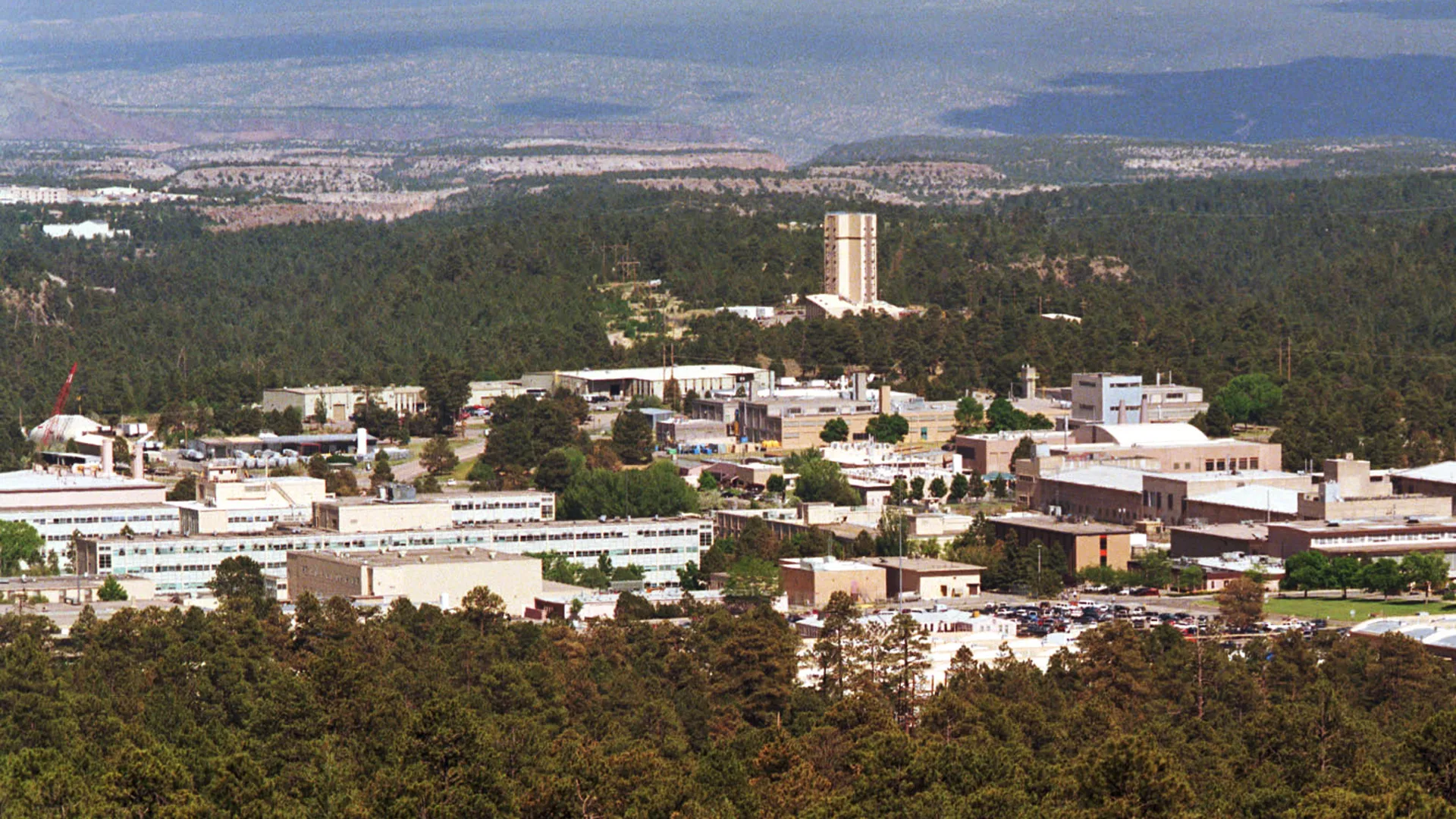
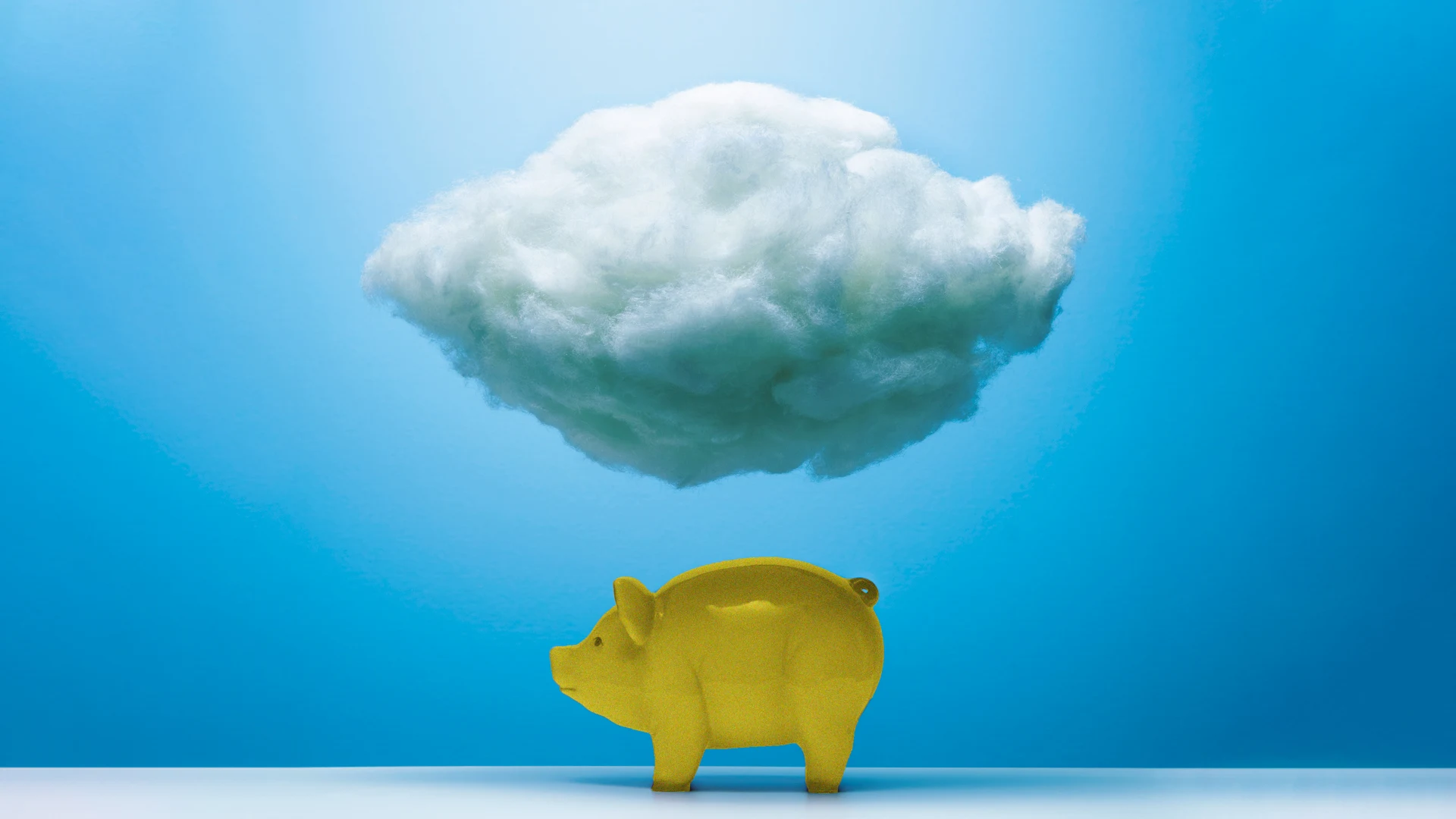
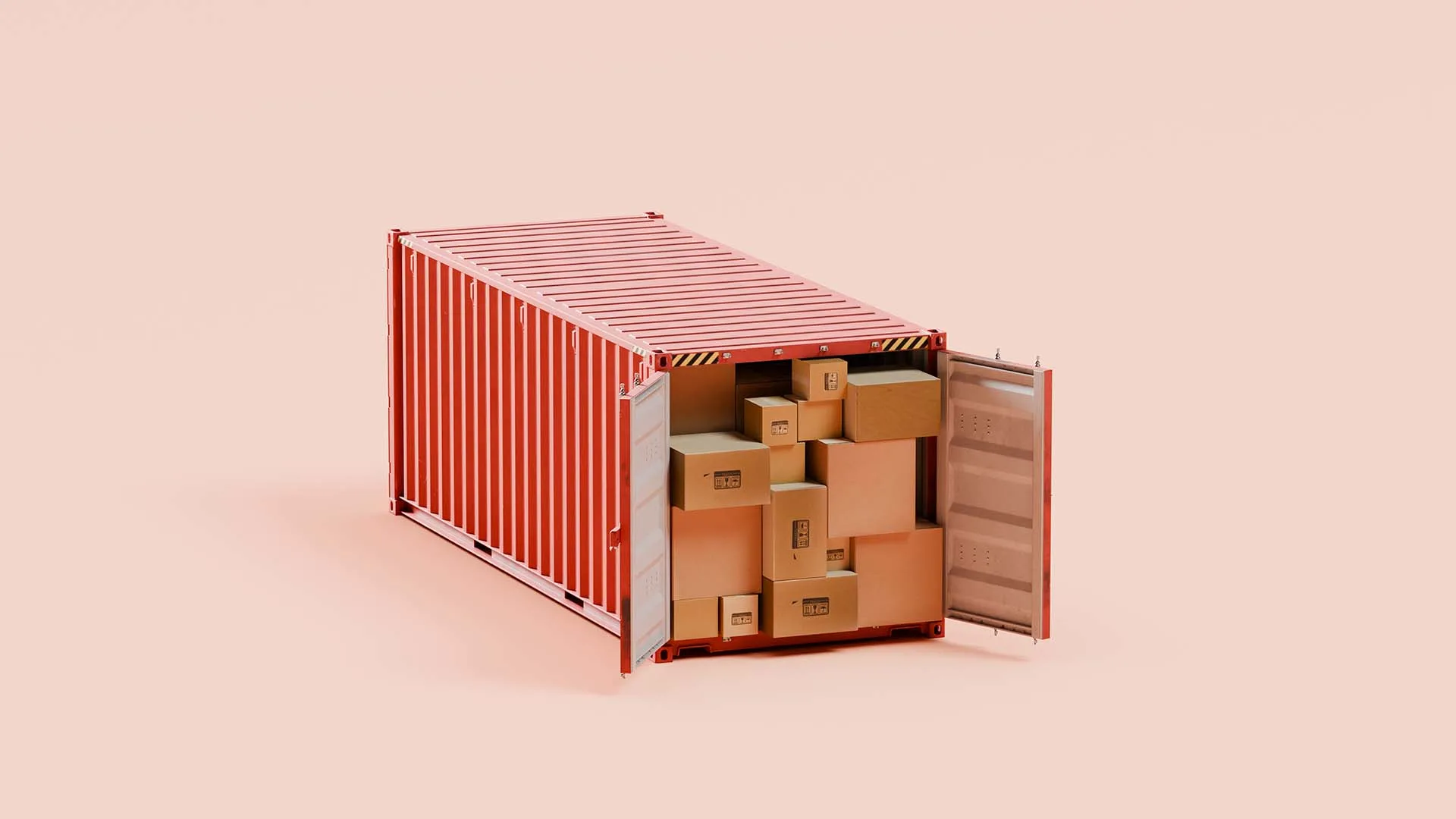
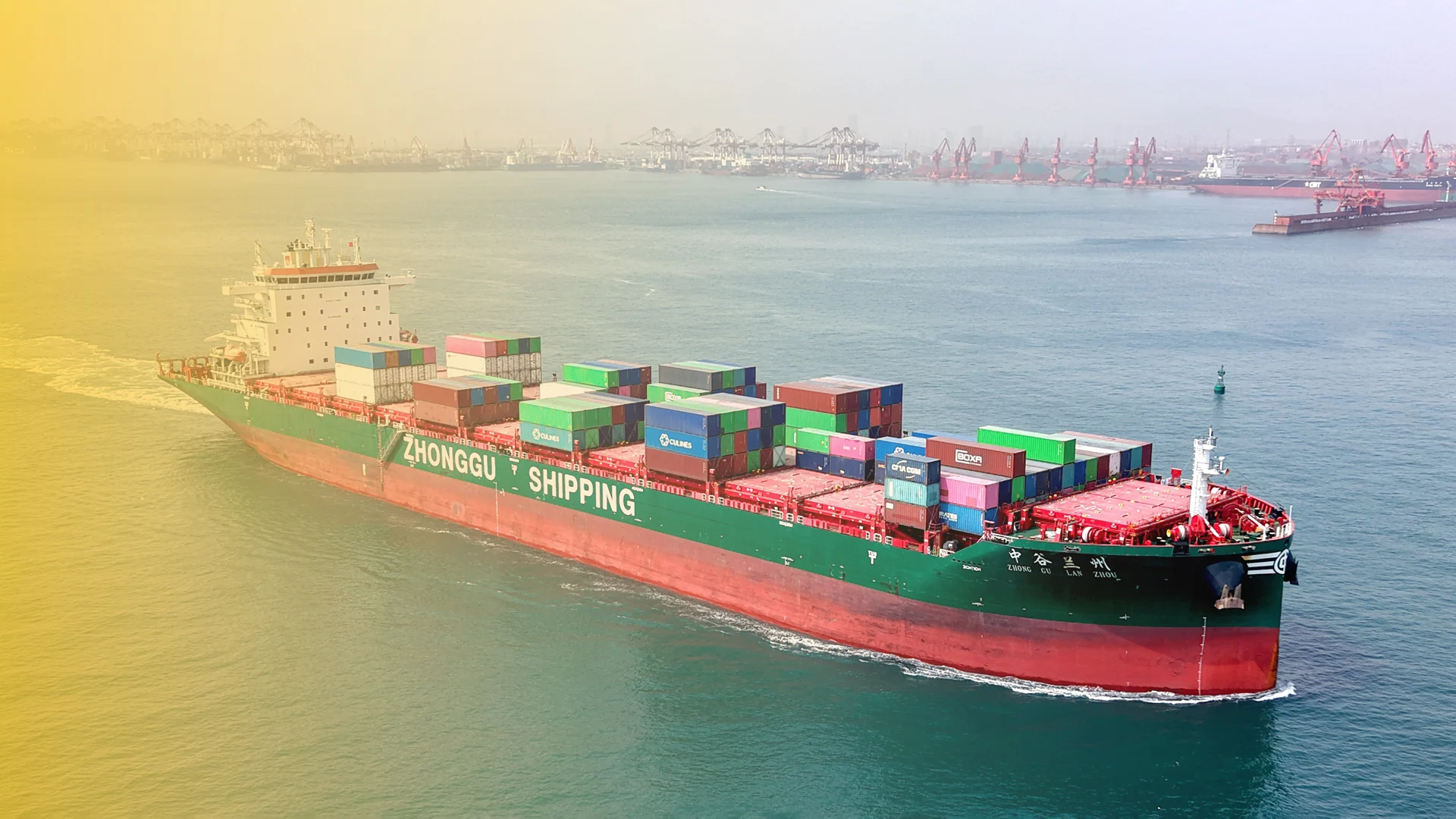


























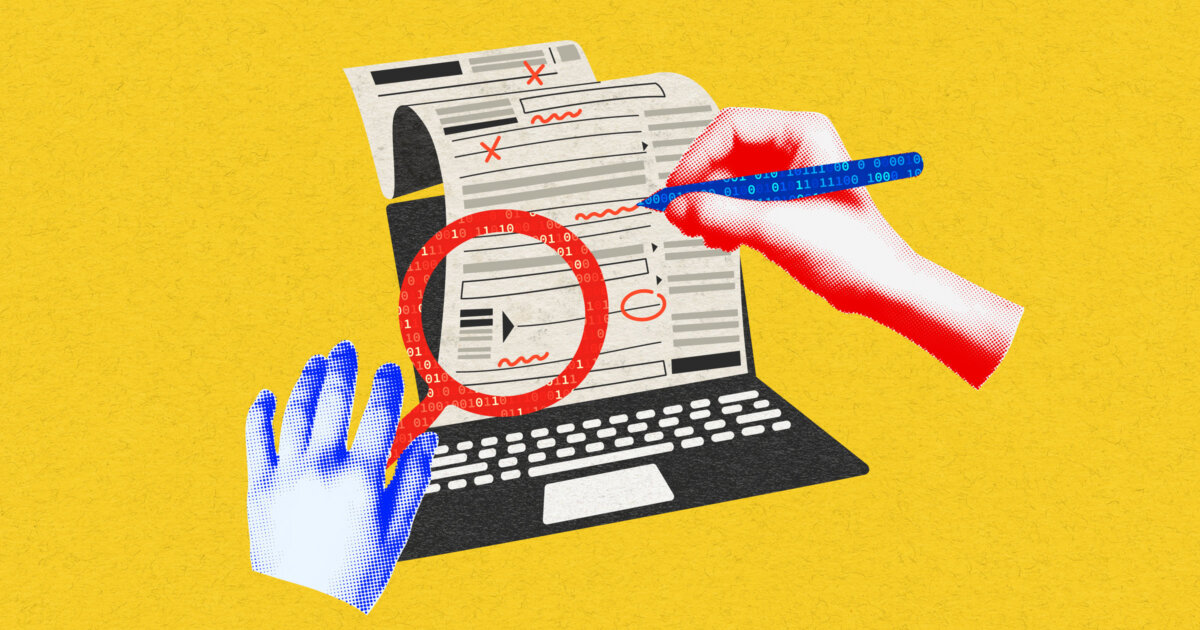


























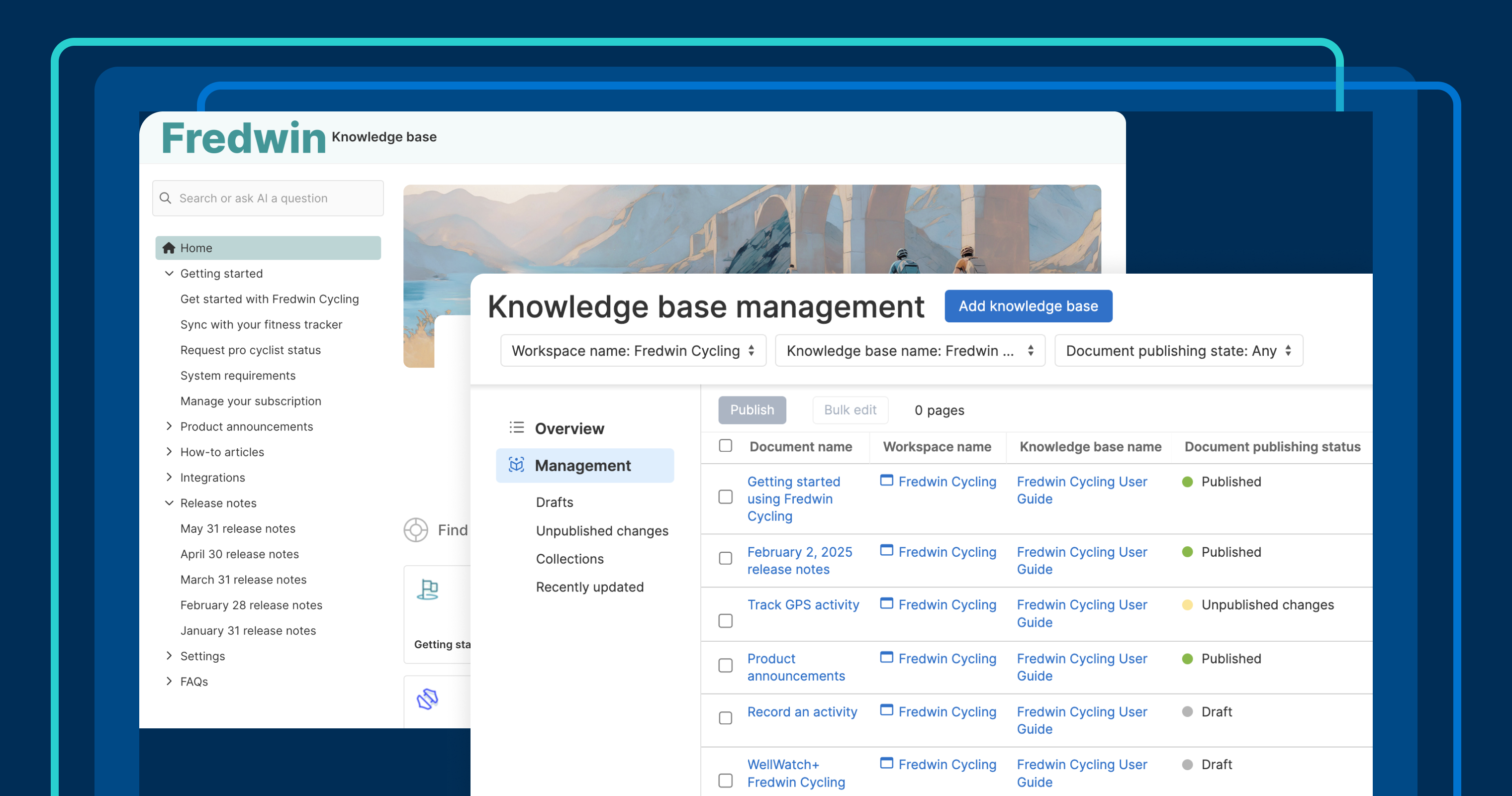

























![Building A Digital PR Strategy: 10 Essential Steps for Beginners [With Examples]](https://buzzsumo.com/wp-content/uploads/2023/09/Building-A-Digital-PR-Strategy-10-Essential-Steps-for-Beginners-With-Examples-bblog-masthead.jpg)



![How One Brand Solved the Marketing Attribution Puzzle [Video]](https://contentmarketinginstitute.com/wp-content/uploads/2025/03/marketing-attribution-model-600x338.png?#)






![How to Use GA4 to Track Social Media Traffic: 6 Questions, Answers and Insights [VIDEO]](https://www.orbitmedia.com/wp-content/uploads/2023/06/ab-testing.png)
































